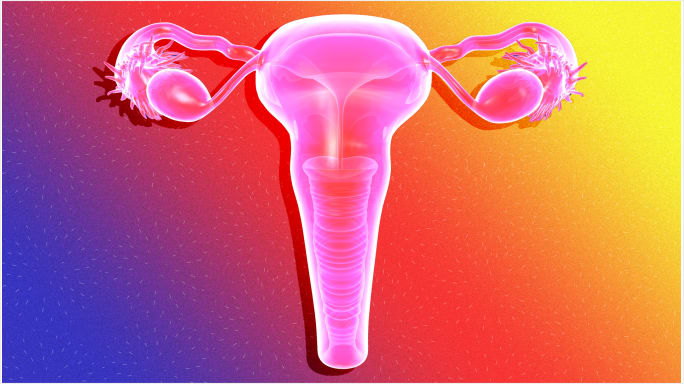I’ve struggled with Irritable Bowel Syndrome for as long as I can remember. Whenever my period comes around, I experience the worst of my symptoms.
The International Foundation for Gastrointestinal Disorders says those who menstruate experience greater sensitivity to particular foods, such as those that are gas-producing, around the time of menstruation.
Fortunately, adjusting my diet helped me better manage my IBS symptoms. Meat and dairy products caused me great discomfort and multiple bathroom trips within a short amount of time. That’s why six years ago, I stopped eating meat and three years ago, cut out dairy completely from my diet.
Ever since, I’ve followed an entirely plant-based, vegan diet; while I still struggle with symptoms, they’ve eased and made my life a whole lot more manageable. Some of my favorite meals include tofu scrambles rich with vegetables and topped with veggie bacon, non-dairy yogurt with almonds, any type of potato, and anything with dairy-free cheese, especially pizza.
Everyone’s digestive system is different, so a plant-based diet that works for me might not work for someone else with IBS.
For instance, many have practiced the FODMAP diet–which stands for Fermentable Oligosaccharides, Disaccharides, Monosaccharides, And Polyols–to alleviate their IBS symptoms. According to the Harvard University Medical School, a small intestine doesn’t absorb FODMAPs well and as a result, increases the amount of fluid and gas in the bowel, causing bloating and changes in the speed in which food is properly digested. This results in more gas, pain, constipation, and diarrhea than usual. Foods that fall within the FODMAP diet include lactose, certain types of vegetables, fructose, artificial sweeteners, and others.
While specific diets may help you grasp which foods are easier to digest, the only way you can learn is to find trigger foods by closely tracing the meals you eat and documenting how they react with your digestive track.
As an exercise, plan to track everything you eat and record your bowel movements for a week. An app like Bowelle, designed to track gastrointestinal issues, can help you do this. Once the week is up, reflect on what you recorded and ask yourself which foods digested well and which did not. This will help you begin to listen to your body and what types of foods it usually rejects.
According to Healthline, some other foods to watch out for include gluten, dairy, processed and fried food, beans, legumes, alcohol, onions, garlic, caffeinated beverages, chocolate, cauliflower, and broccoli. Some safe foods include proteins like tofu and chicken, dairy- and lactose-free alternatives, vegetables like lettuce and carrots, and fruits like kiwi and cantaloupe.
Although menstruation can easily trigger pelvic pain through uncomfortable bowel movements, you can use your diet to help manage your symptoms and make your life easier.




comments